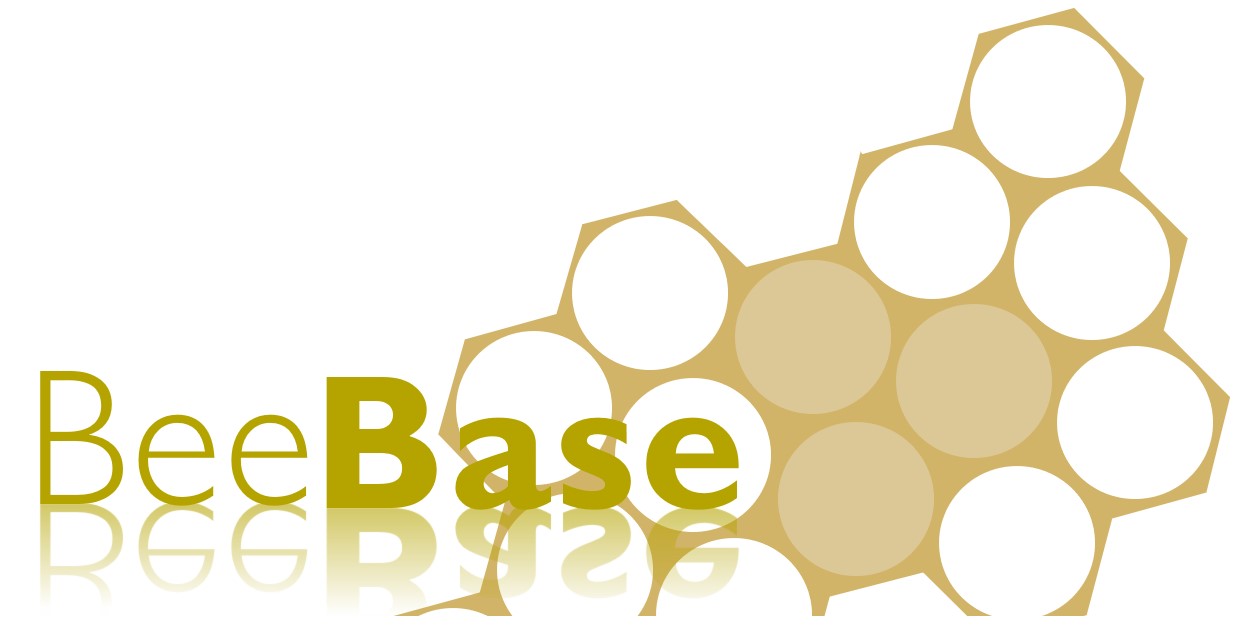Beekeeping Associations
Contacting your local Beekeeping Association is a good starting point. Membership of a local Beekeepers' Association can be helpful, particularly when you start learning about bees.
Many Associations run beginners' courses. These courses are often enhanced by mentoring schemes, whereby more experienced beekeepers support beginners through the ups and downs of life as a novice beekeeper. Most Associations will also have a library, from which members can borrow books and other resources. The Association website can be a useful source of information, as can the websites of the national Associations, addresses for which can be found on our useful links page.
Associations will usually host a programme of lectures on various topics throughout the year, and here you will often find your local Bee Inspector delivering talks on bee health and hygiene. Take the opportunity to introduce yourself to them at the end of the talk (they rarely bite), and you may even be able to arrange an inspection so that you and your apiary can be registered on BeeBase. It is often assumed that all new beekeeping association members are automatically registered on BeeBase, but usually this isn't the case.
All NBU inspections are free of charge and getting to know your local Bee Inspector will be another useful resource for your beekeeping career.
And finally, all Associations will have a wealth of knowledge and skills accumulated through the collective experience of their members, easily downloadable by newer members over a cup of tea at meetings.
Local Bee Inspectors
Once you have your bees you can also get in touch with your local Bee Inspector by going to our Contact page.
Education Authorities
A few local colleges offer advice and instruction in beekeeping. Interested beekeepers should ask the Director of Education and Principals of Agricultural and Horticultural Colleges in their area for details.
